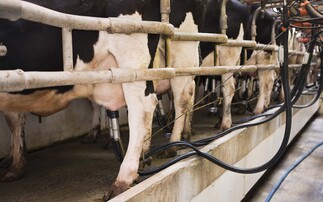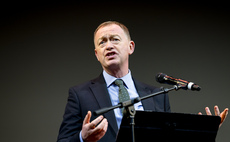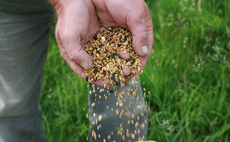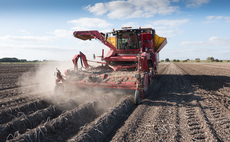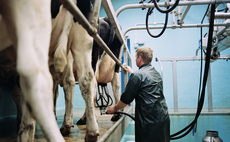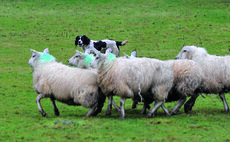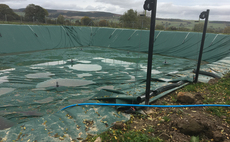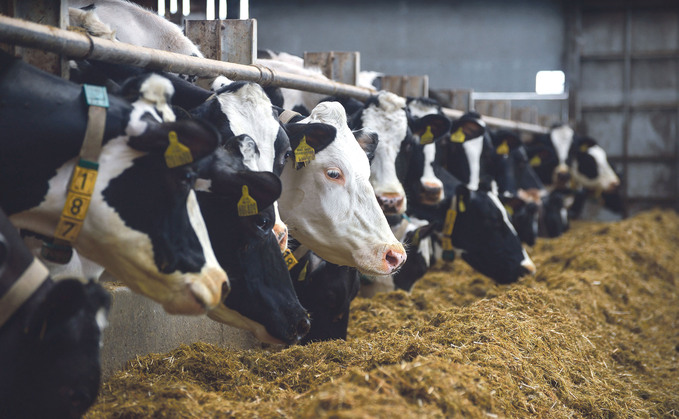
AHDB said the new study revealed how it was 'far too simplistic' to attribute the characteristics of biogenic methane released by livestock in climate change debates
AHDB has welcomed a new scientific study which changes a ‘simplistic' viewpoint of agriculture's role in global warming.
The farmer funded levy board said work from eight UK scientists - published in Environmental Research - had demonstrated evidence in assessing the climate impact of methane originating from livestock 'more accurately'.
Scientists had concluded the long-standing view current life cycle assessments (LCAs) used to assess the environmental impact of foods - which converts the impact of different greenhouse gases into carbon dioxide equivalents established at the 2015 Paris Agreement - was ‘far too simplistic and fail to acknowledge distinct nuances within agricultural systems'.
The study highlighted the need to 'reassess' the characteristics of biogenic methane released by livestock in climate change.
AHDB said the research had assessed the environmental impact of a pasture-based beef system using an unprecedented range of factors, metrics, assessments and scenarios, including global warming potential (GWP) - developed and first made public in 2018 by scientists at the University of Oxford to calculate the warming effect of methane - which demonstrated a 'dramatic effect' on results.
See also: PM Rishi Sunak told Government is 'losing' prominence in climate change battle
Chris Gooderham, AHDB's livestock science and environment director, said it was important the scientific community acknowledged a more ‘accurate measurement' of agriculture's role in climate change which could have a significant impact on future recommendations to policy makers and consumers.
He added: "Early analysis by our experts suggests when applying the more accurate GWP, the warming impact of methane emitted by UK livestock could be much less than currently reported, casting serious doubt on the current narrative that UK livestock are causing global warming."
See also: Sunak rules out meat tax as part of new green agenda









